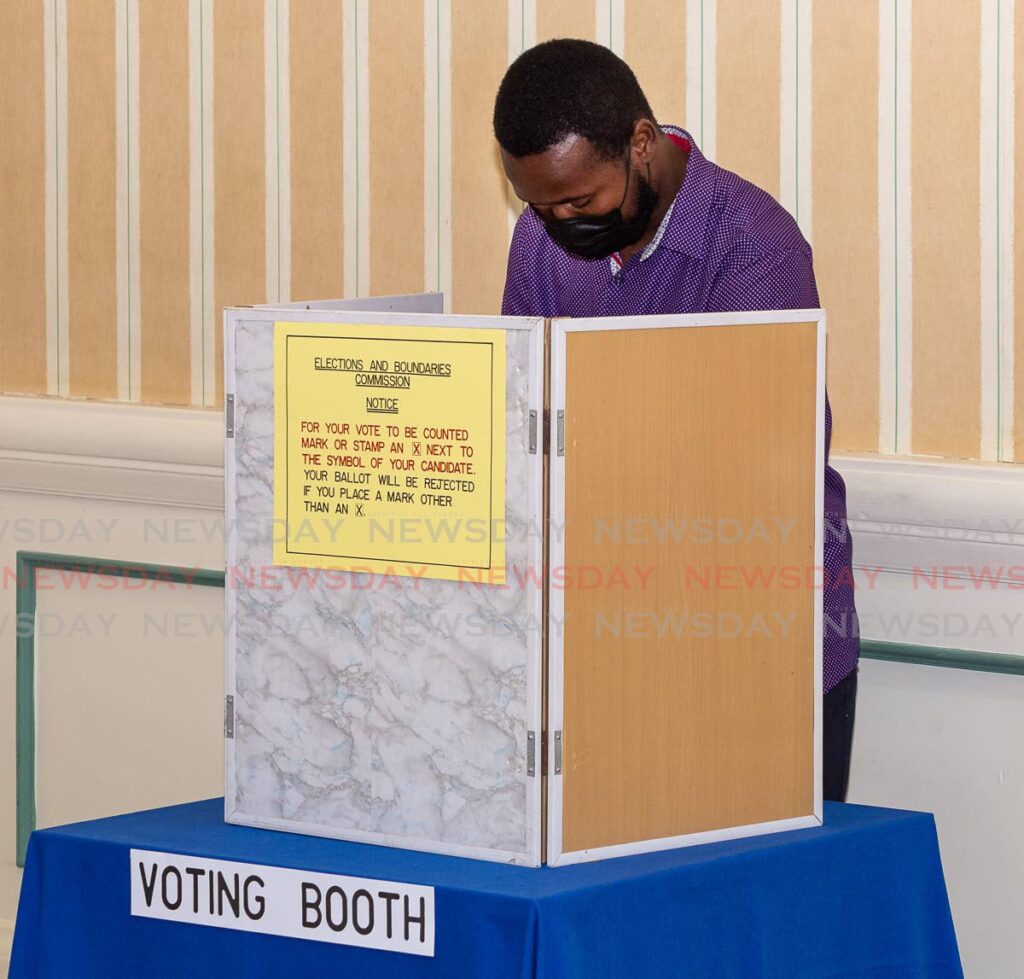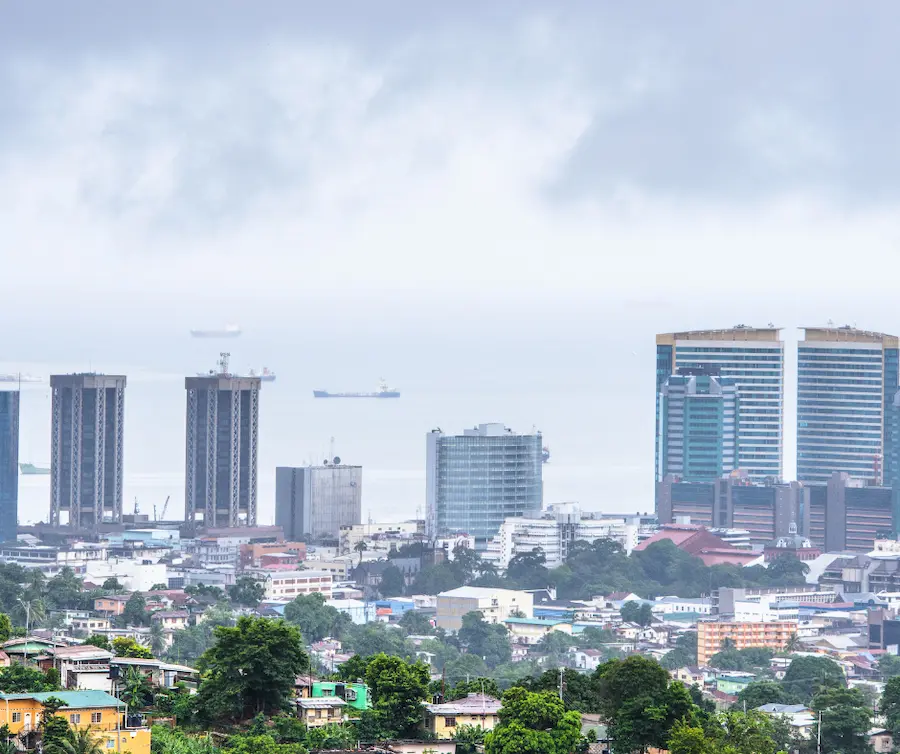

VOTING for special electors in the April 28 general election started on April 21.
The Elections and Boundaries Commission (EBC) made this announcement in a statement on that day.
A total of 16,748 people are eligible to vote as special electors.
These are people who vote ahead of election day because they will be unable to vote on that day.
The EBC said, "The initial proceedings were relatively smooth. The establishment of special polling stations, in keeping with special voting requirements, is an integral part of the commission's responsibility to conduct elections and will continue over the coming days."
Designated special electors, the commission continued, are reminded to actively engage in the process.
The commission encouraged them to collect their designated special envelopes promptly.
"This ensures proper participation and alignment with the special voting timeline."
Voting for special electors ends on April 27.
The commission said the highest special elector turnout on April 21 was in the Aranguez/ St Joseph constituency, where special voters continued to wait within the polling station precinct beyond 3 pm.
The total number of special electors who cast their ballots on April 21 was over 1,400.
The EBC said, "Special electors are reminded that their voting procedure differs from the standard process and may require additional time. As a result, longer-than-usual wait times were observed today at some locations."
The commission added it appreciates the patience and co-operation of all participants as "we facilitate an effective and efficient electoral process."
In a statement on April 17, the EBC notified political parties and independent candidates about special voting for citizens employed in the energy sector who work offshore (on oil platforms in TT's maritime areas).
The commission organised voting on April 16 and 17, for these people.
The EBC provided all political parties and independent candidates with statements of contents from the special ballot boxes from each of these special voting exercises.
The commission said, "On April 16, a total of 58 persons voted, and on April 17, an additional 16 persons cast their votes. This brings the overall total to 74 persons who exercised their franchise at the offshore special voting exercises thus far."
The EBC added political parties and independent candidates were provided with this information.
In a statement on April 16, in response to claims from the UNC about irregularities in special elector voting in San Fernando East, the commission said the situation arose from an "oversight" by the returning officer, who "neglected to immediately affix a seal to the empty ballot box while witnesses for candidates were present."
EBC said the oversight was "quickly identified" and the returning officer contacted representatives from the various political parties, who were present earlier in the day.
"However, despite numerous follow-up calls, the representative for the United National Congress did not come back to complete the procedure. As a result, the empty ballot box was sealed in the presence of a returning witness, two electors, the returning officer, and the election clerk. All necessary seals were signed and affixed to the ballot box according to the required process."
WHO IS A SPECIAL VOTER?
PEOPLE who are eligible to be special electors are defined by election rule 59 of the Representation of the People Act
They include:
(a) a member of the Police Service, the Special Reserve Police established under the Special Reserve Police Act, or of the Estate police established under the Supplemental Police Act.
(b) a member of the Defence Force.
(b) (i) a member of the Prison Service.
(c) a member of the EBC, its Chief Election Officer, the Deputy Chief Election Officer and the Assistant Chief Election Officer.
(d) the returning officer of an electoral district other than that in which he/she is registered for the purposes of the election.
(e) a presiding officer, a deputy presiding Officer or a poll clerk.
(f) a polling agent.
(g) a candidate or the husband or wife of a candidate for an electoral district other than that in which he is registered for the purposes of the election.
(h) an election agent or sub-agent who is registered for the purposes of the election in an electoral district other than that of his candidate.
(i) unable or likely to be unable to go in person to the polling station at which he is entitled to vote unless he travels between Trinidad and Tobago.
(j) unable or likely to be unable to go in person to the polling station at which he is entitled to vote by reason of being-
a patient in a public hospital, or in a private hospital approved by the Commission, or an inmate in a public institution; or a prisoner within the meaning of that expression in section 2 of the Prisons Act.
(k) a member of the flight crew of an aircraft.
(l) a person engaged in offshore petroleum operations, or any other person or member of any other organisation as the commission sees fit.


